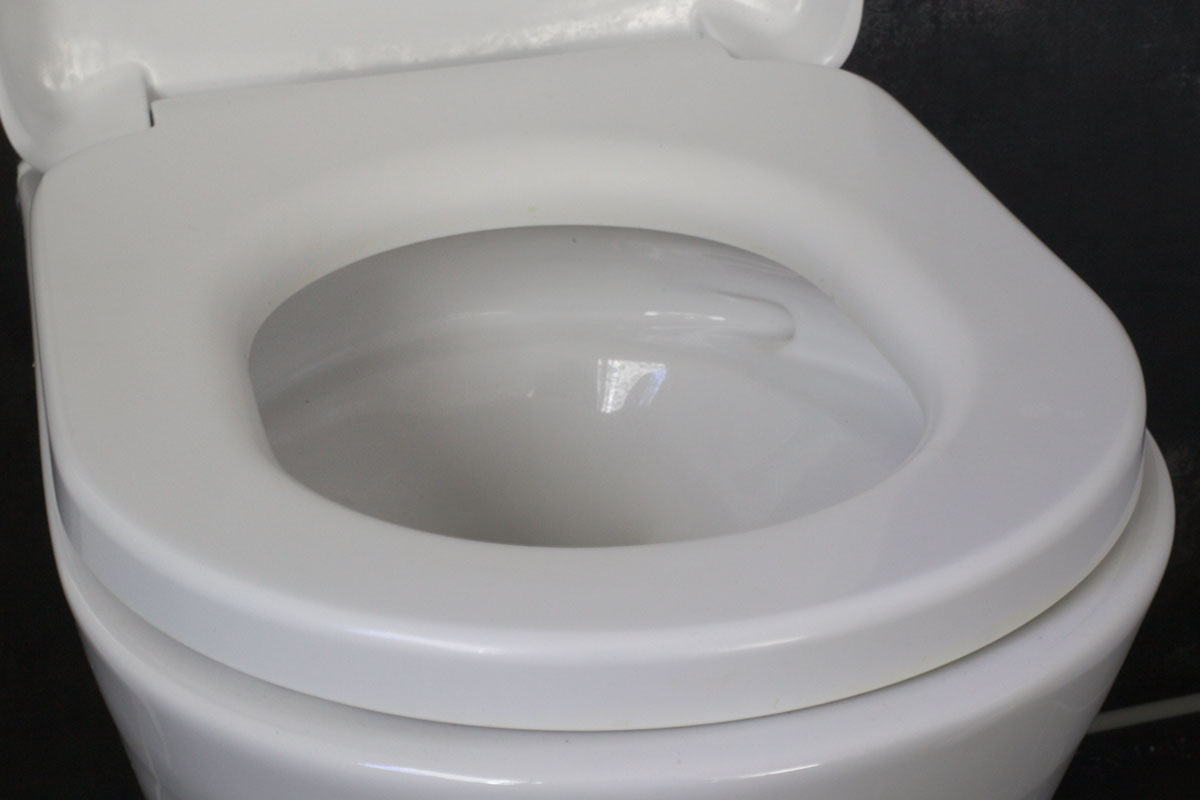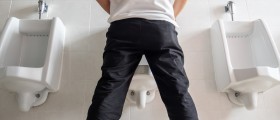
Introduction
Frequent urination or frequent urge for the urination is rather annoying and exhausting problem that can affect both, men and women. There are numerous health conditions that can lead to this problem. Still some of them are curable while others leave the patient with the initial problem.
Cause of Frequent Urination
Most commonly frequent urination is connected with inflammation of certain urinary organs. Infection can affect kidneys, ureter, bladder and urethra. Women are mores susceptible to these infections comparing to men. The diagnosis can be easily established as urinary infections tend to present with additional symptoms such as increased body temperature and pain that is present during urination.
Diabetes can be one more cause of frequent urination. In the begging in of this severe disease patient feel irresistible urge to drink too much water. This intake of water is consequently followed by increased excretion of the kidneys and a patient feels urge to urinate more times than normally.
Pregnant women suffer from frequent urination. Still this affects women in the third trimester when the baby presses the bladder.
In elderly men certain conditions that affect prostate such as benign hyperplasia or even malignant tumors are most common causes of frequent urination. The enlarged prostate affects normal passage of the urine through the urethra and the remnant urine is what causes the frequent urination.
In certain cases the patients that have undergone the radiotherapy of the pelvic area may develop interstitial cystitis. This is another cause of frequent urination. Additionally, the pain is present.
In all those patients who are on the therapy with diuretics increased excretion of the fluid can be a cause of frequent urination.
Some severe conditions such as the stroke can lead to permanent damage of the nerves that innervate bladder and lead to either retention of urine or to frequent urination.
Benign and malign tumors of the urinary track can also be responsible for frequent urination.
And finally, a condition called overactive bladder syndrome presents with several symptoms. One of these symptoms is frequent urination.
Diagnosis and Treatment
Diagnosis can be set after the doctor examines the patient and do certain laboratory tests. Ustrasonography of the urinary track can be of major assistance in determining the cause. CT scan or pelvic MRI are rather precise methods that can discover changes and possible tumors of urinary tract. The previous history of certain illnesses and medications that are regularly taken is of additional help.
All in all, after the definitive diagnosis has been set the patient will start with most suitable treatment.

















Your thoughts on this
Loading...